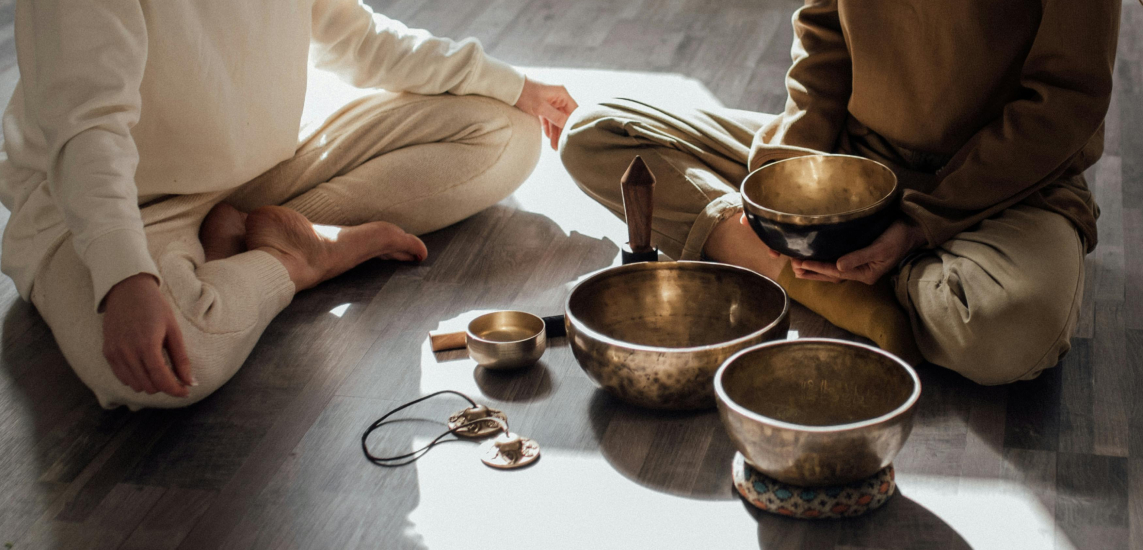Life’s circumstances, cultural backgrounds, family dynamics, and genetics are all factors that shape many of our behaviors. Fortunately, as we grow and become more aware of our behavioral responses to life, we can identify the patterns that have shaped our past and realize that they may not serve our personal goals, values, and deepest desires. Then, we begin to experience a burning desire to break free.
This is the beginning of Awakening. There is a lot the Awakening process can teach us about ourselves, including how we’ll react when faced with our history and mistakes. We can either approach the Awakening process with curiosity, compassion, and an open mind… or face it with feelings of judgment, self-rejection, and criticism.
How To Use Mindfulness For Being More Compassionate
A critical element of the Awakening process rests in the practice of mindfulness. A key aspect of mindfulness is to awaken the friend and compassionate observer within each of us. We can then observe the behaviors that may not align with our most authentic selves, and recognize them with kindness and grace. Here are a few ways you can awaken the friend, not the critic, within:
- Observe your self-critical urges and tendencies
- Breathe through the waves of intense feelings
- Be open and curious to the discomfort that may arise from this intensity
- Observe and be willing to let go of the inner-critic that promotes self-judgment and self-resentment
- Forgive yourself for past automatic responses that you’ve engaged in as a result of feeling threatened or at risk
- Create new intentions as to how you would like to respond to similar triggers moving forward
- Repeat affirmations that can help you come to terms with being a perfectly imperfect human being
Read more: Vidyamala Burch explains how cultivating a balance between mindfulness and compassionate openness helps to navigate uncertain times.
Compassion Meditation To Awaken The Friend Within You
- Awakening The Friend Within You Ivanna Casado 16:51
Research suggests that compassion-based meditation practices can lead to mood improvements, stress reduction, a better relationship with yourself and others, and increased empathy and compassion. And it all makes sense because…
- Self-compassionate people don’t let their experiences define their potential.
- Self-compassionate people don’t fall apart when faced with their imperfections.
- Self-compassionate people are brave, kind, and resilient individuals who see their flaws as an opportunity to reflect and move on.
After all, the very roots of the word compassion can teach us a lot about how to embrace this self-soothing technique. Compassion, originating from compati, literally means to suffer with. The connection of suffering with another person brings compassion beyond sympathy into the realm of empathy. When we are compassionate with ourselves, we increase our ability to understand, connect, and care for ourselves better. From this place, self-improvement is always possible.
Self-improvement thrives in understanding non-judgmental and shame-free environments. Supporting, self-compassionate practices can keep our inner-critic and ego away from making an entrance every time we stumble in the path to achieve self-mastery.
And while self-criticism could function as a short-term driver in achieving success, I’d argue that it isn’t worth it. It comes at the cost of your mental and emotional stability, well-being, and self-respect.
So, the next time you hear your inner critic’s voice make its entrance, remember that you can gently overcome it with a pinch of kindness on top.
Read more: Discover how practicing mindfulness also helps to combat compassion fatigue.






-1.jpg)
